India plans manned space flight by 2027
Prime Minister Narendra Modi has announced plans to send a man to the Moon by 2040.
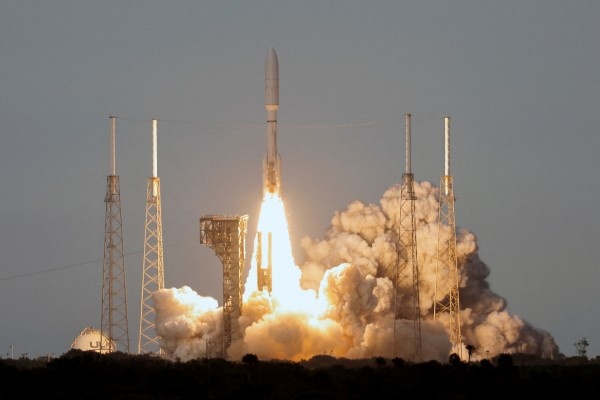 A United Launch Alliance Atlas V rocket lifts off carrying Amazon's Project Kuiper internet network satellites from the Cape Canaveral Space Force Station in Cape Canaveral, Florida, U.S., April 28, 2025. / REUTERS/Joe Skipper
A United Launch Alliance Atlas V rocket lifts off carrying Amazon's Project Kuiper internet network satellites from the Cape Canaveral Space Force Station in Cape Canaveral, Florida, U.S., April 28, 2025. / REUTERS/Joe Skipper
India's space agency said on May 6 it planned to launch an uncrewed orbital mission later this year before its first human spaceflight in early 2027.
"It represents India's rise as a global space power", Jitendra Singh, the country's science and technology minister, said in a statement.
The world's most populous country has flexed its spacefaring ambitions in the last decade with its space programme growing considerably in size and momentum.
Also Read: India's woman fighter pilot trailblazer eyes space
Prime Minister Narendra Modi has announced plans to send a man to the Moon by 2040.
"The uncrewed orbital Gaganyaan ("space craft") mission is on track for launch later this year, with recovery trials already conducted with the Indian Navy, and more sea recovery simulations planned," the Department of Space said in a statement.
Along with other tests, this will lead to the Indian Space Research Organisation (ISRO) sending astronauts into space.
"These milestones will culminate in India's maiden human spaceflight in 2027, launching Indian astronauts into orbit aboard an Indian rocket from Indian soil," it added.
ISRO said the spaceflight was scheduled for "the first quarter" of 2027.
"Training of astronauts is also progressing steadily," the statement added.
"Four Indian Air Force pilots, selected as astronaut-designates, have completed training in Russia and are undergoing further mission-specific training in India."
India has matched the achievements of established powers at a much cheaper price tag.
In August 2023, it became just the fourth nation to land an unmanned craft on the Moon after Russia, the United States and China.
This month, Indian astronaut Shubhanshu Shukla, 39, is expected to fly to the International Space Station -- becoming the first Indian astronaut to do so and the second in orbit ever.
The mission, which is jointly being undertaken by NASA and the ISRO, will be launched from the Kennedy Space Centre in Florida.
Shukla, who is set to pilot the Axiom Mission 4, is likely among the top candidates for ISRO's spaceflight programme.
Shukla's travel to space will come four decades after India's Rakesh Sharma's iconic spaceflight onboard a Russian spacecraft in 1984.
ADVERTISEMENT
ADVERTISEMENT
E Paper
Video




 AFP
AFP
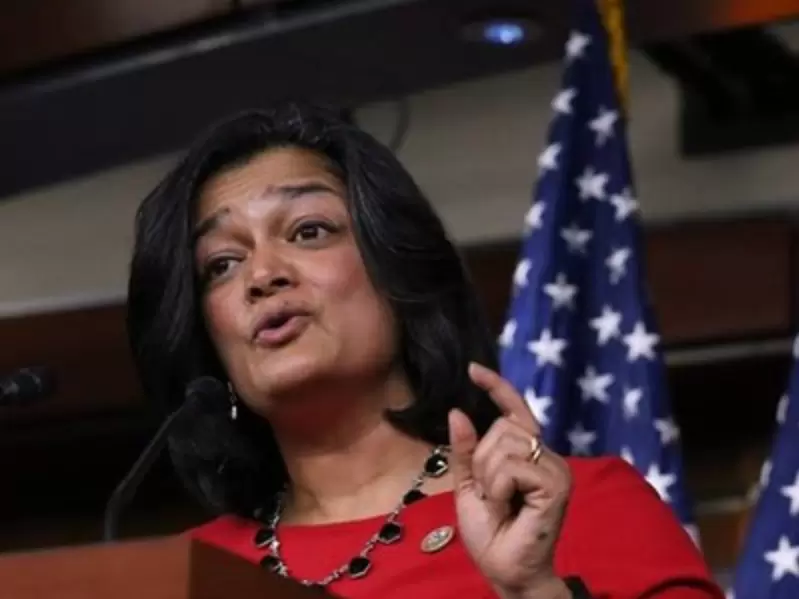
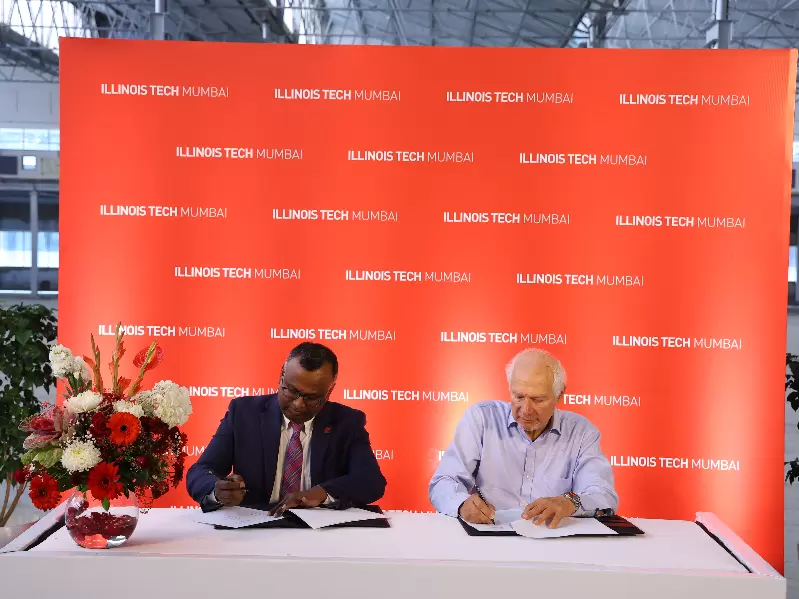


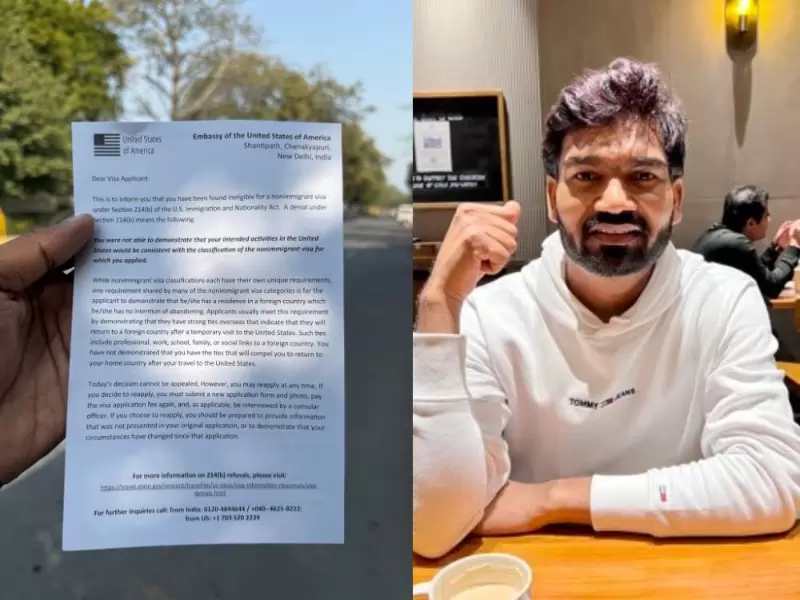
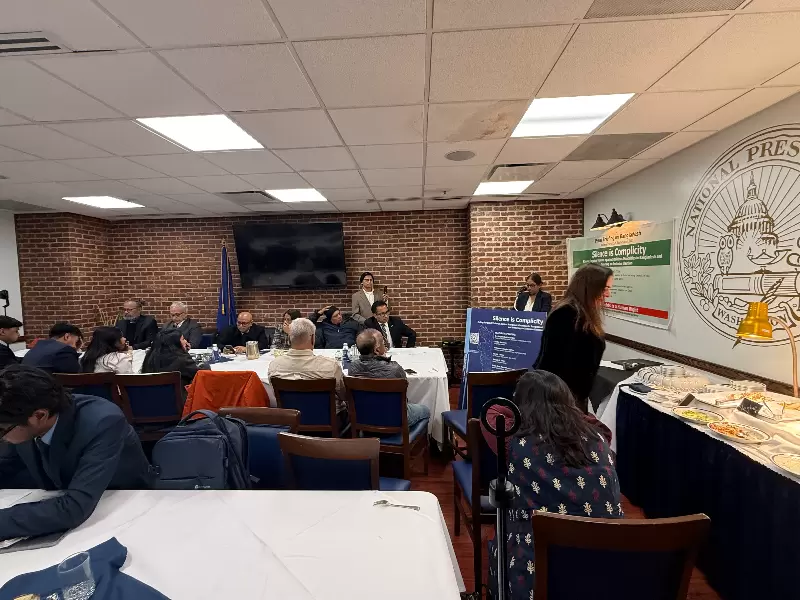
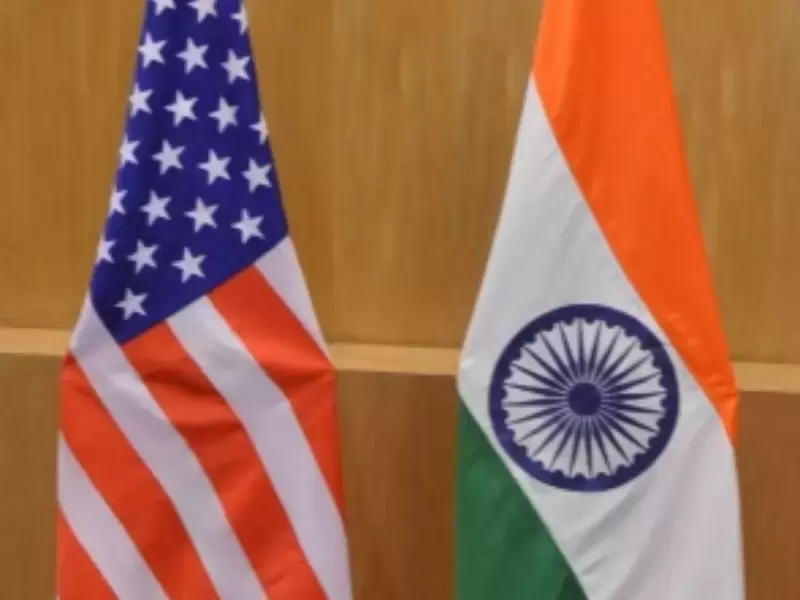
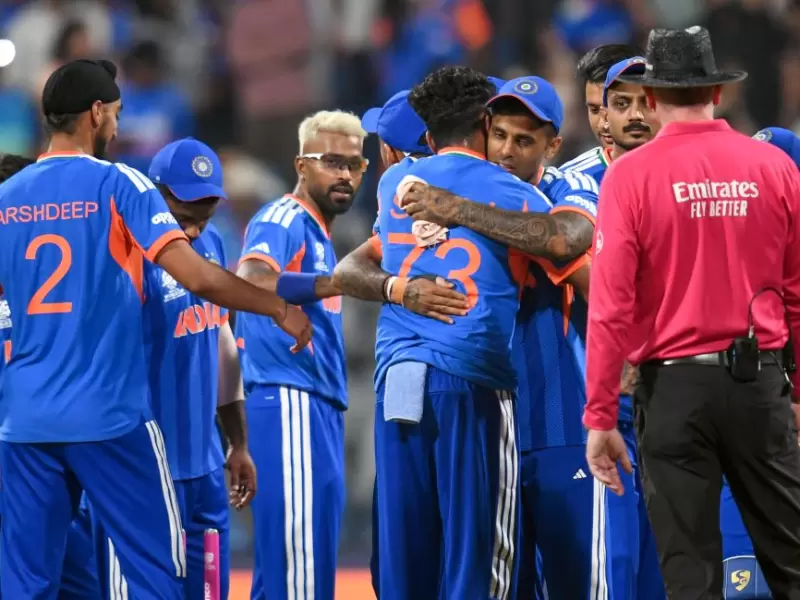
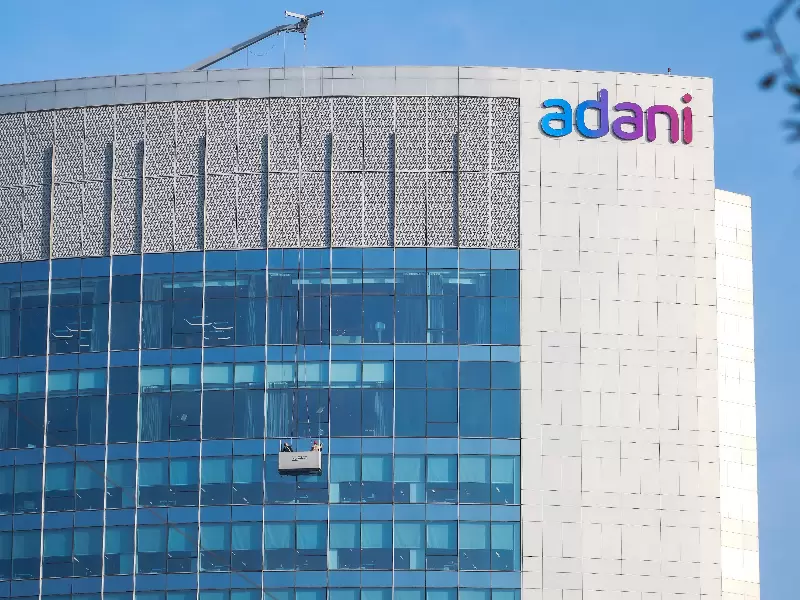
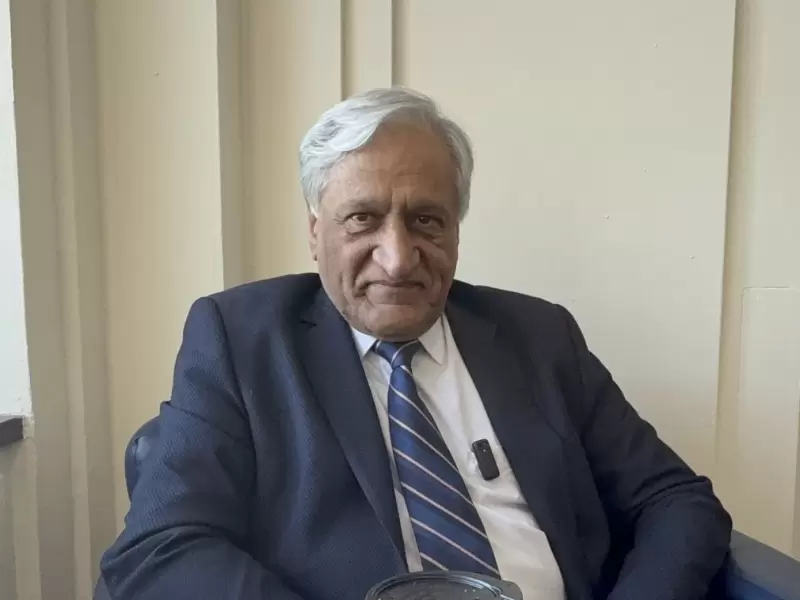
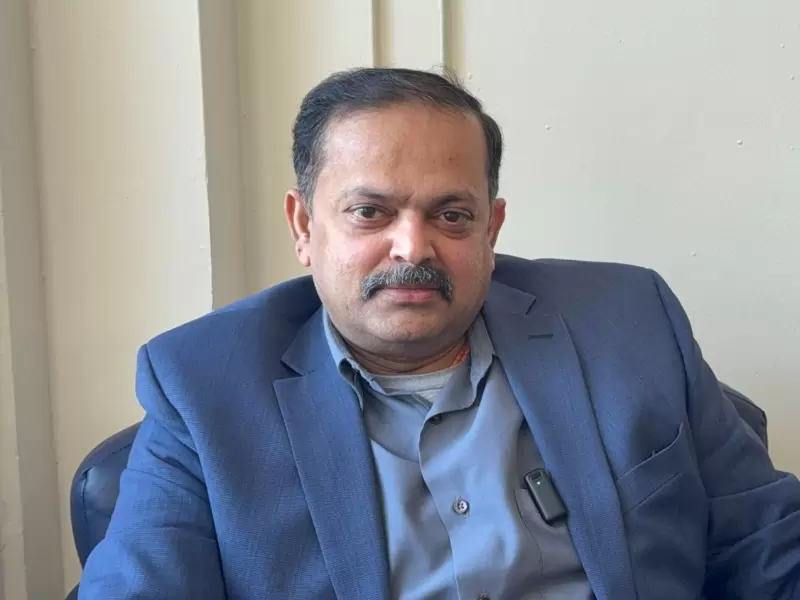


Comments
Start the conversation
Become a member of New India Abroad to start commenting.
Sign Up Now
Already have an account? Login